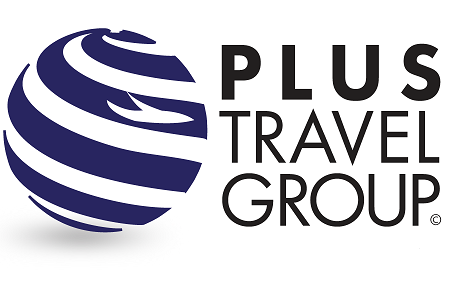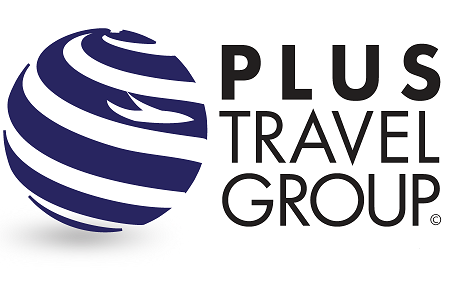Key considerations for selecting the right travel management company…
Transaction Fees
By far the most popular commercial model, the transaction fees model is where the client pays a small fee for each transaction they make with a Travel Management Company (TMC). Such transactions include bookings, cancellations, or changes to existing bookings. Usually, TMCs offer discounted transaction fees for online as opposed to agent transactions. The transaction fees model is the most popular model because of its transparent, simple, and accurate reflection of the effort invested by the servicing TMC.
SLAs and KPIs
At the tender or contract negotiation stage, it’s important to devise simple performance measures that will define the level of service your chosen TMC will provide. Keep your SLAs and KPIs simple and consult your travelers to ensure you are also measuring aspects that they care about. How often will these targets get discussed and revisited after implementation and can your TMC measure what they’ve agreed to?
Ensure KPIs Can Be Measured
Some industry standard measurements to consider:
- Agent response times (phone and email)
- After-hours/emergency line response times
- Online booking tool inquiries/support response times
- Account management response times
- Booking completion times
- Complaints as a percentage of bookings
And to balance those out, let’s take a look at some loopholes that TMCs try to find within those measurements:
- Measuring phone response times across their whole business.
- Measuring across their entire business doesn’t necessarily accurately reflect the level of service your TMC is providing you. If you have a sizeable account, push for a dedicated line.
- It’s also important to measure this quarterly. If your travelers are complaining about not being able to get through, yet the SLAs appear fine, this could be a result of measuring over the entire year.
Basing SLAs on first responses. - It’s easy to claim that a first response is guaranteed within a short amount of time. However, first responses could mean just an acknowledgement of the issue at hand.
Recording a complaint but not following up. - It’s a good idea to get an understanding of your TMC’s complaint policy and making sure that they have a system in place that properly enforces it. It’s also helpful to bring copies of complaints to review meetings to go over the actions taken to rectify them.
- Be sure to also have your TMC commit to a “resolution time” as opposed to a “response time”.
You’re going to be committing to a contract, so don’t be afraid to ask for evidence of how service is measured by your prospective TMCs!
Professional Licenses
You want to make sure that you are working with a TMC that holds the proper professional certifications and licenses. To ensure this, check for these during the pre-qualification stage so you eliminate unsuitable TMCs earlier on in the game.
If you’re unfamiliar with the accreditations that TMCs should possess, below are some examples of what Ontario TMCs should have/be part of:
IATA – the trade association that creates industry policy on critical aviation issues
TICO – organization that administers and enforces the Ontario Travel Industry Act, 2002 and Ontario Regulation 26/05
ACTA – national trade association representing the interests of the tourism industry in Canada
Click here for Chapter 4 – Procurement Process


